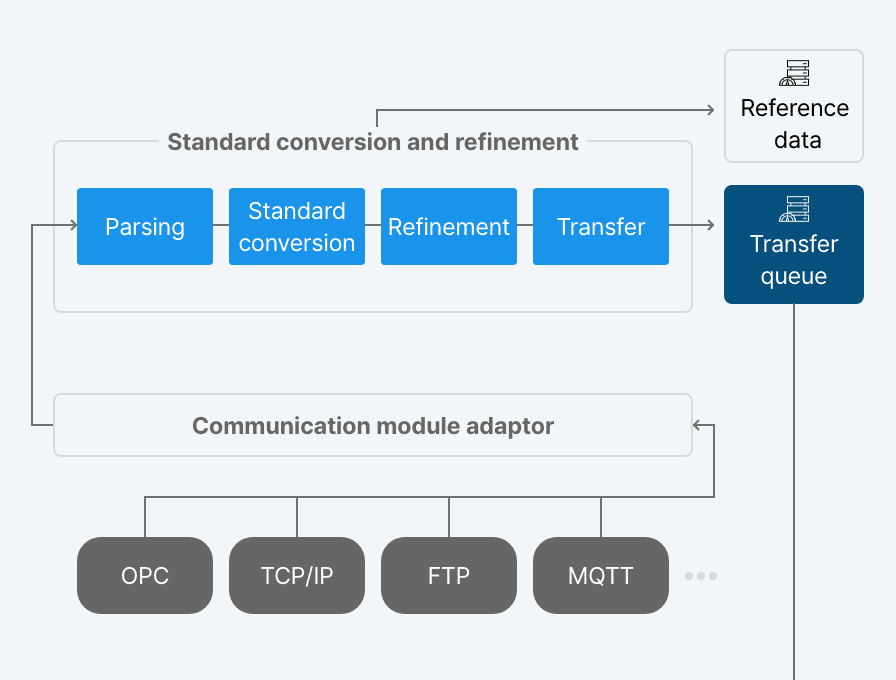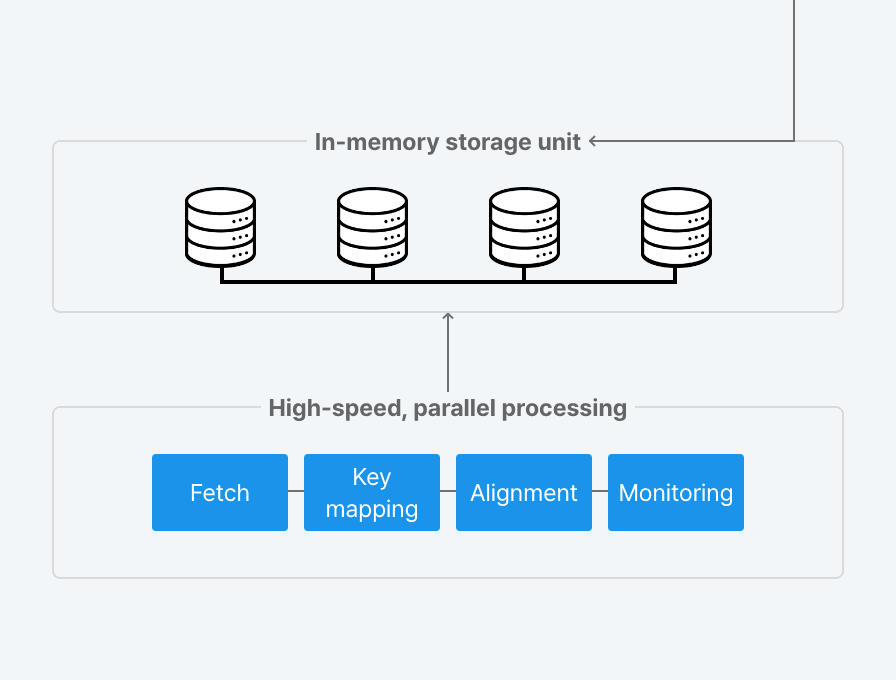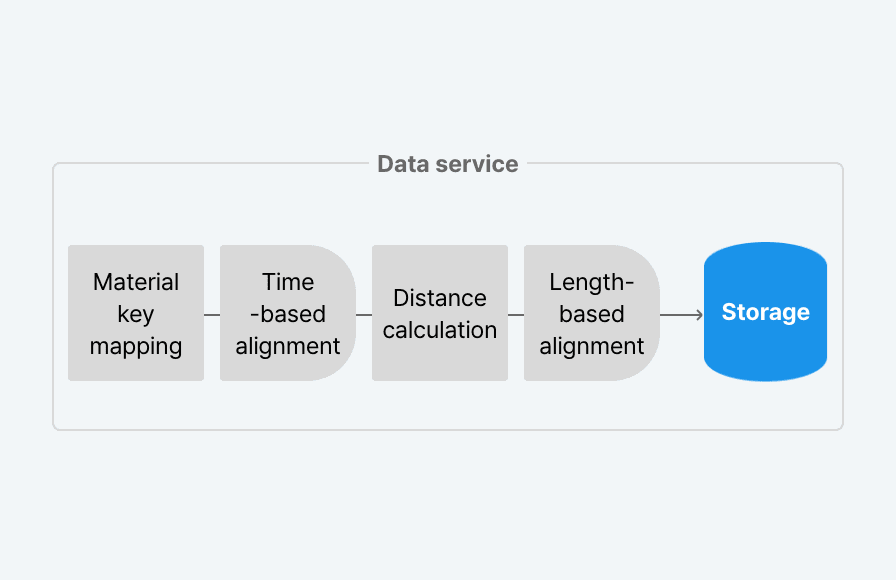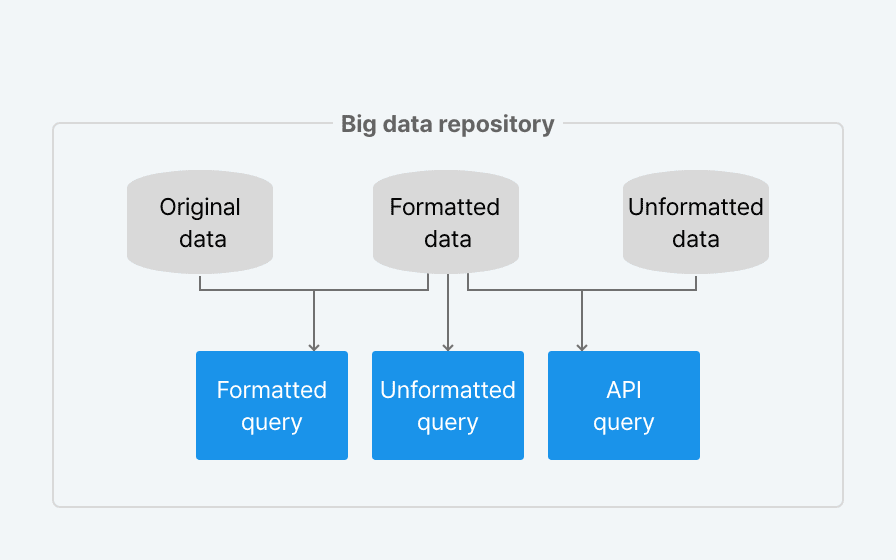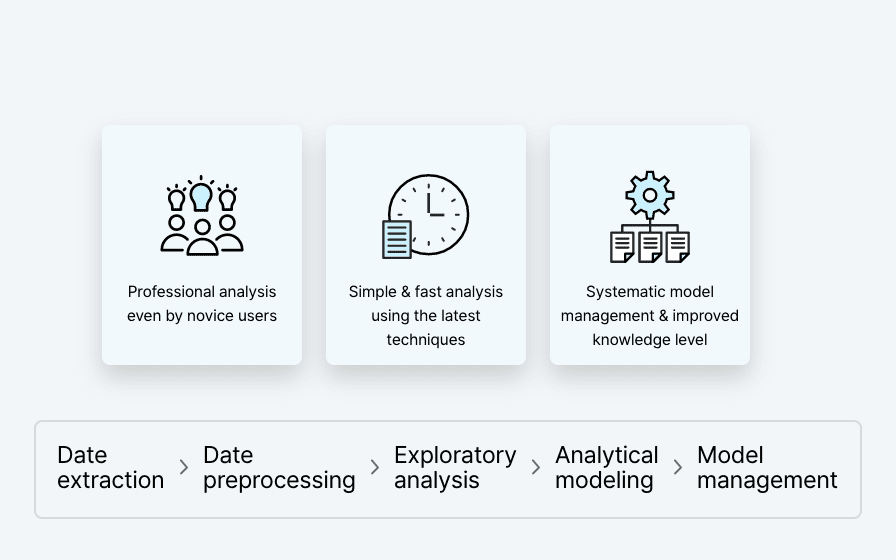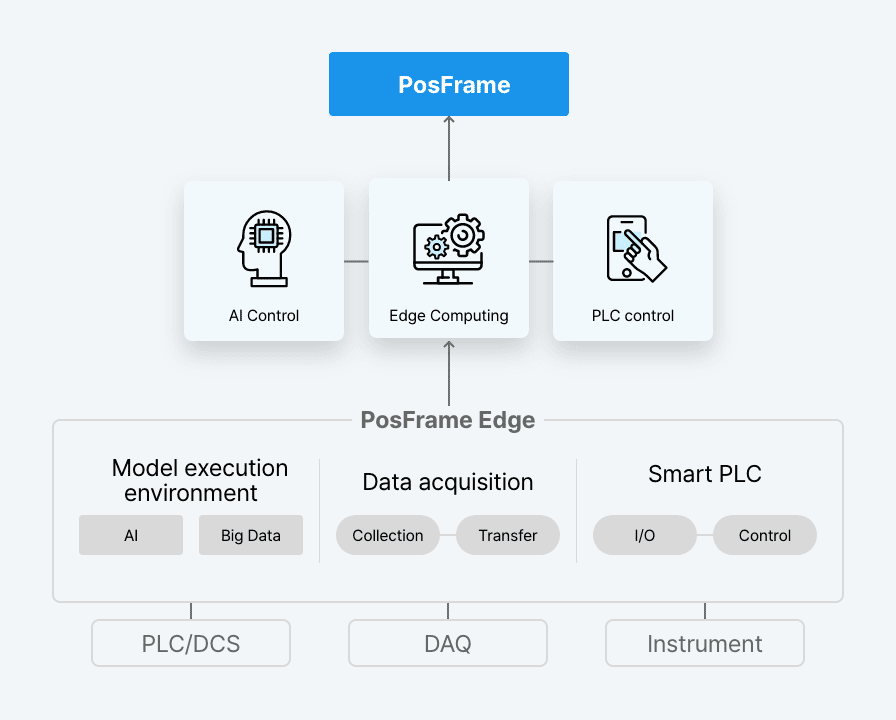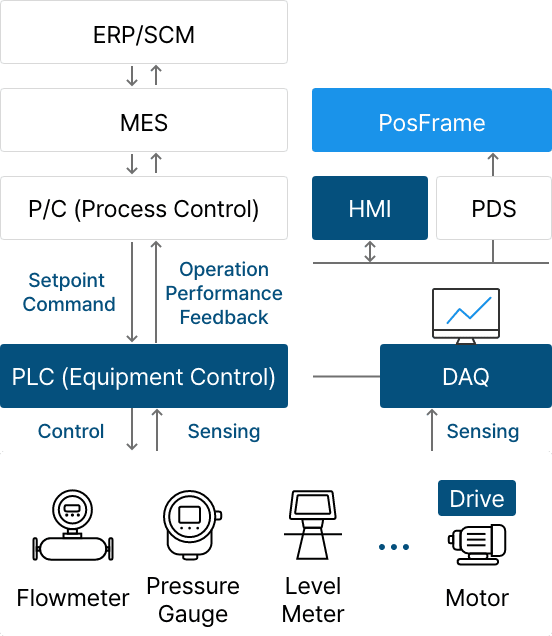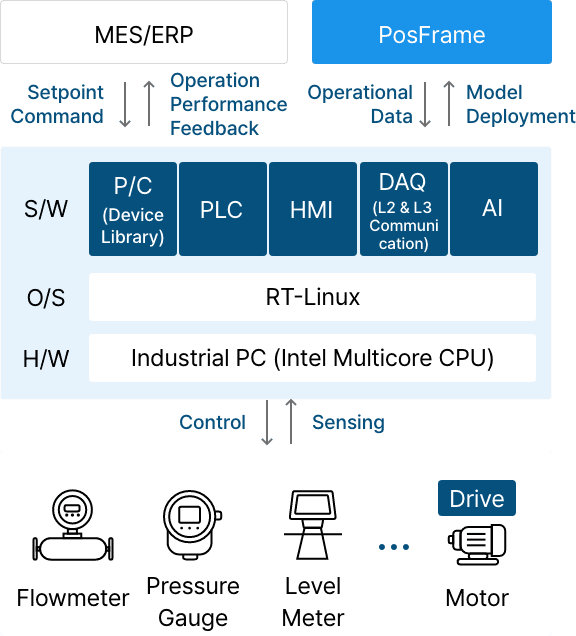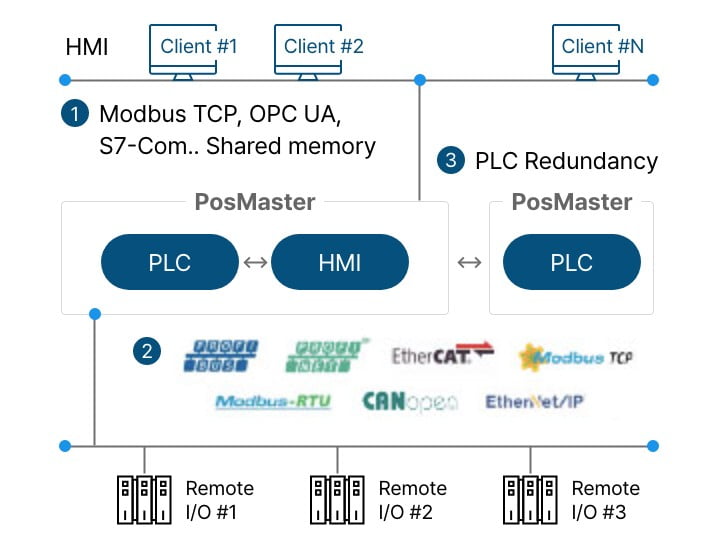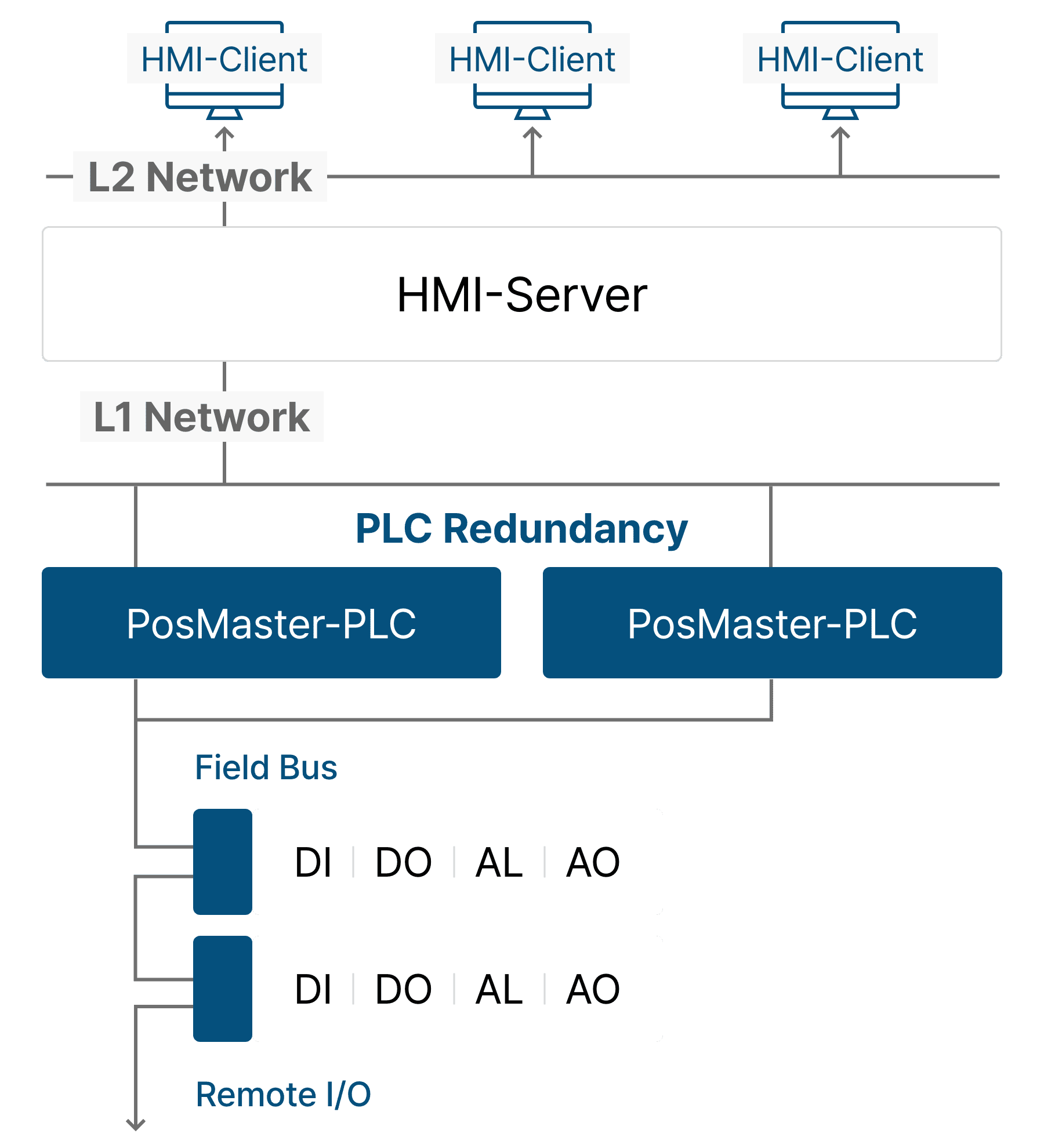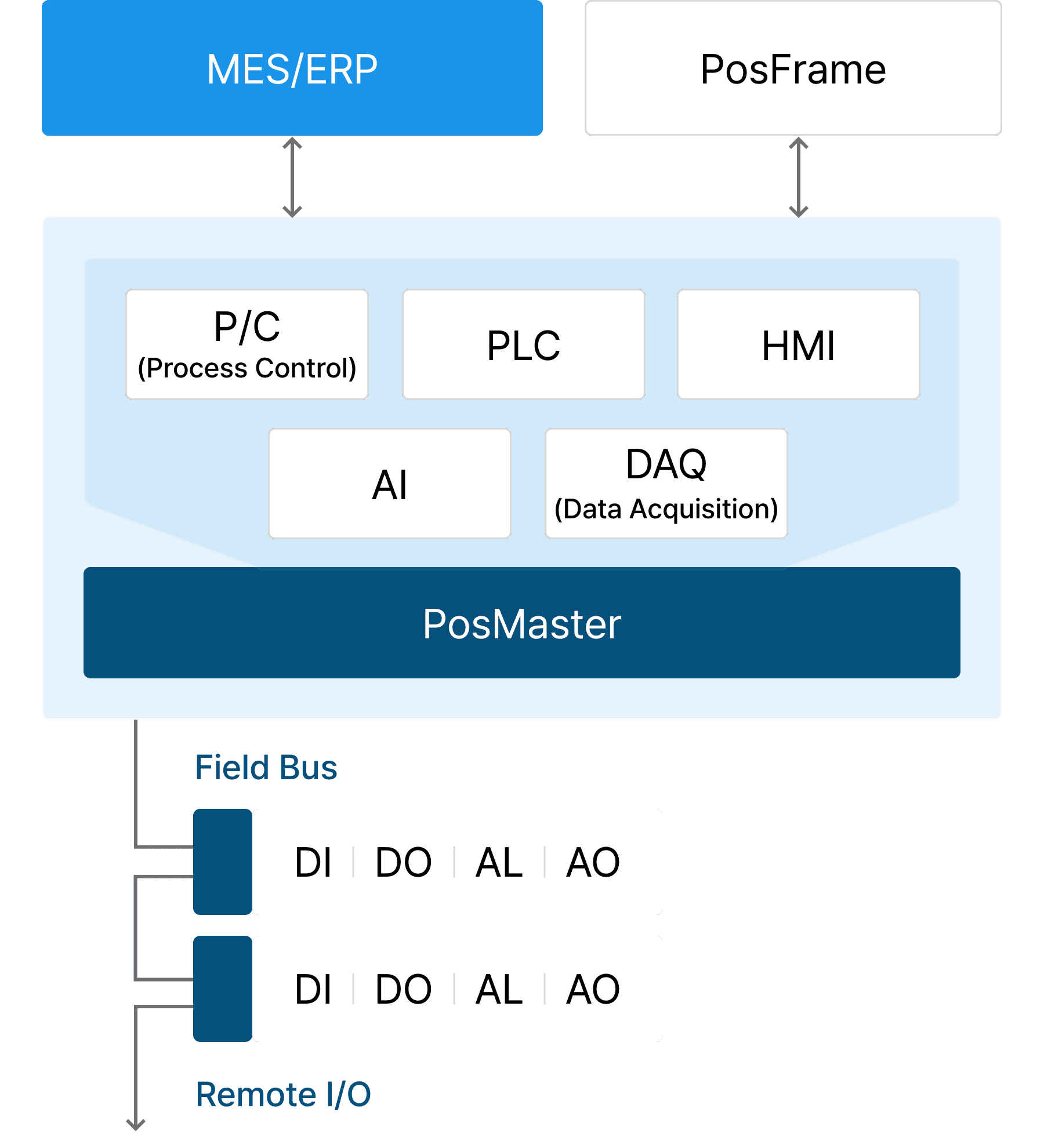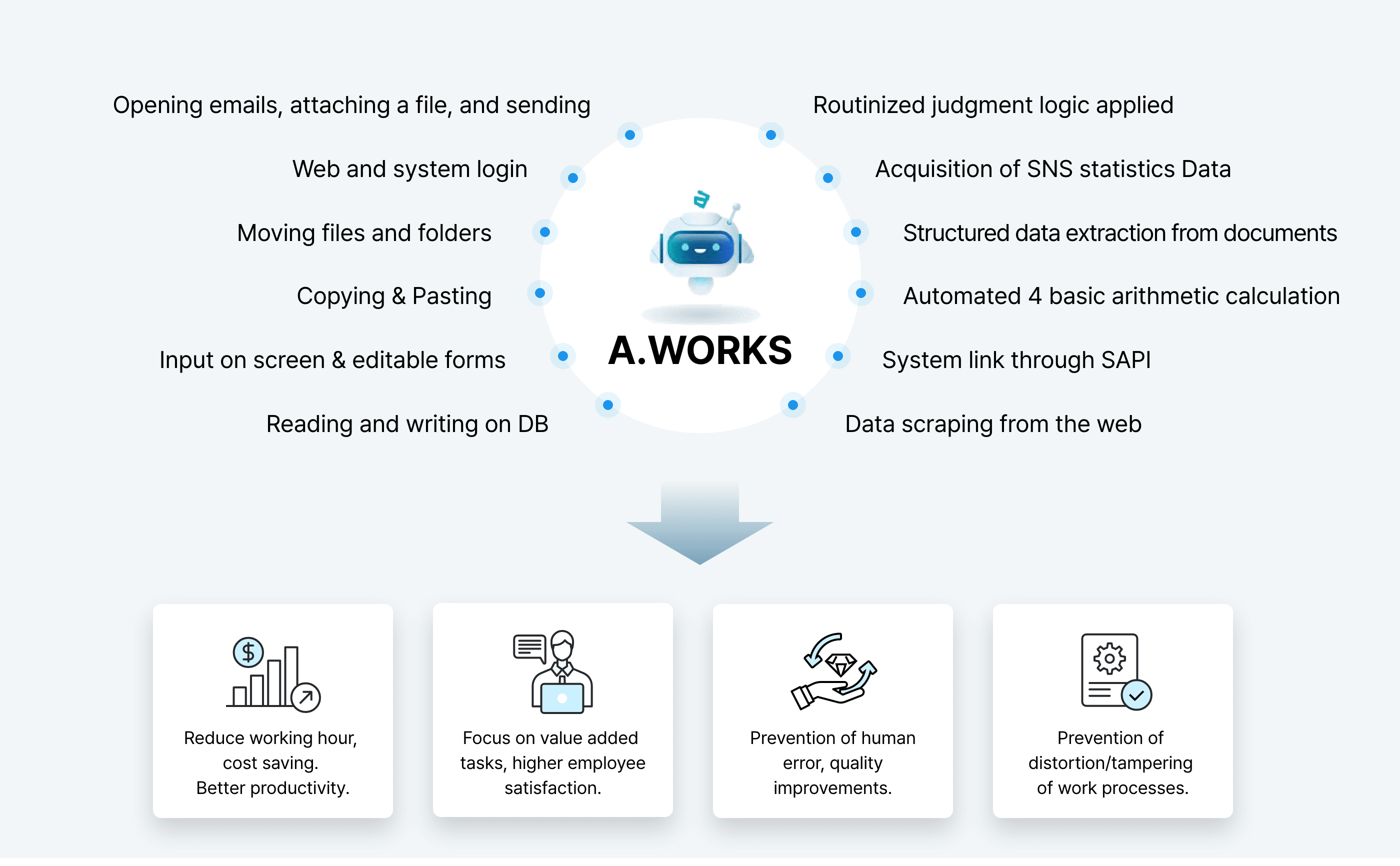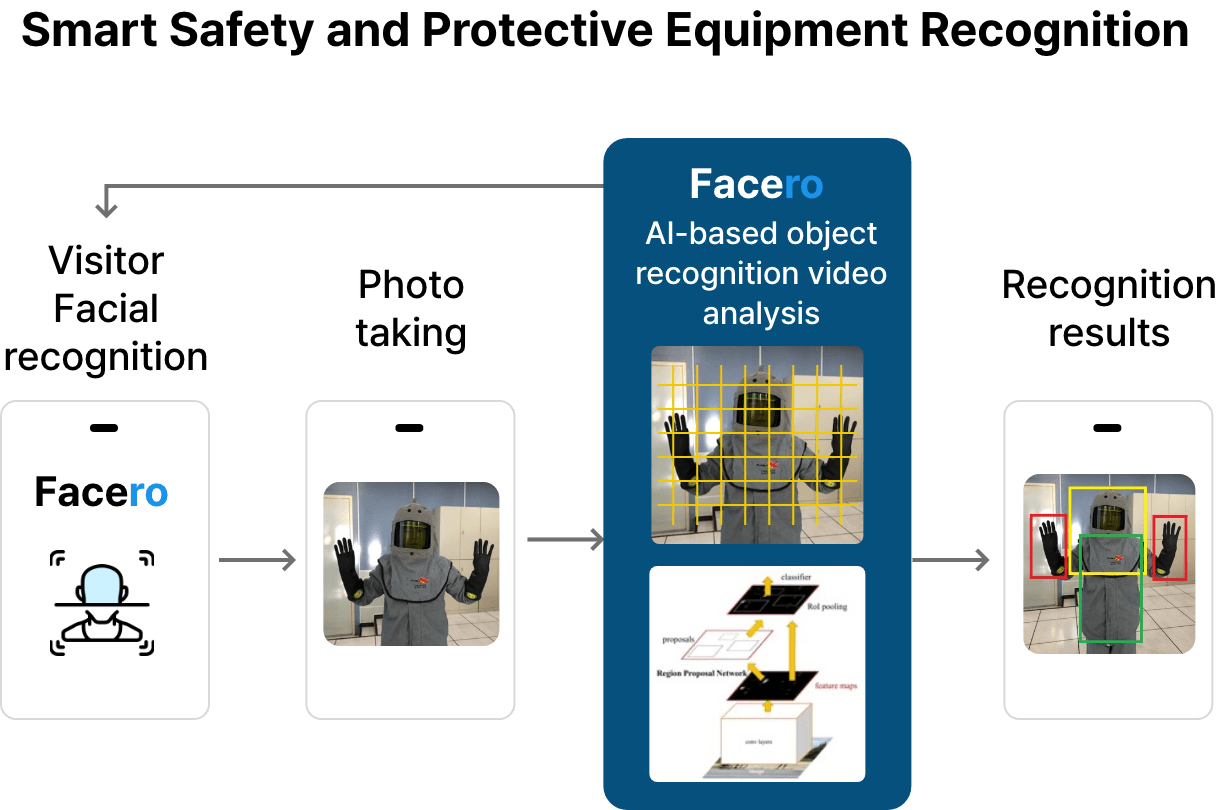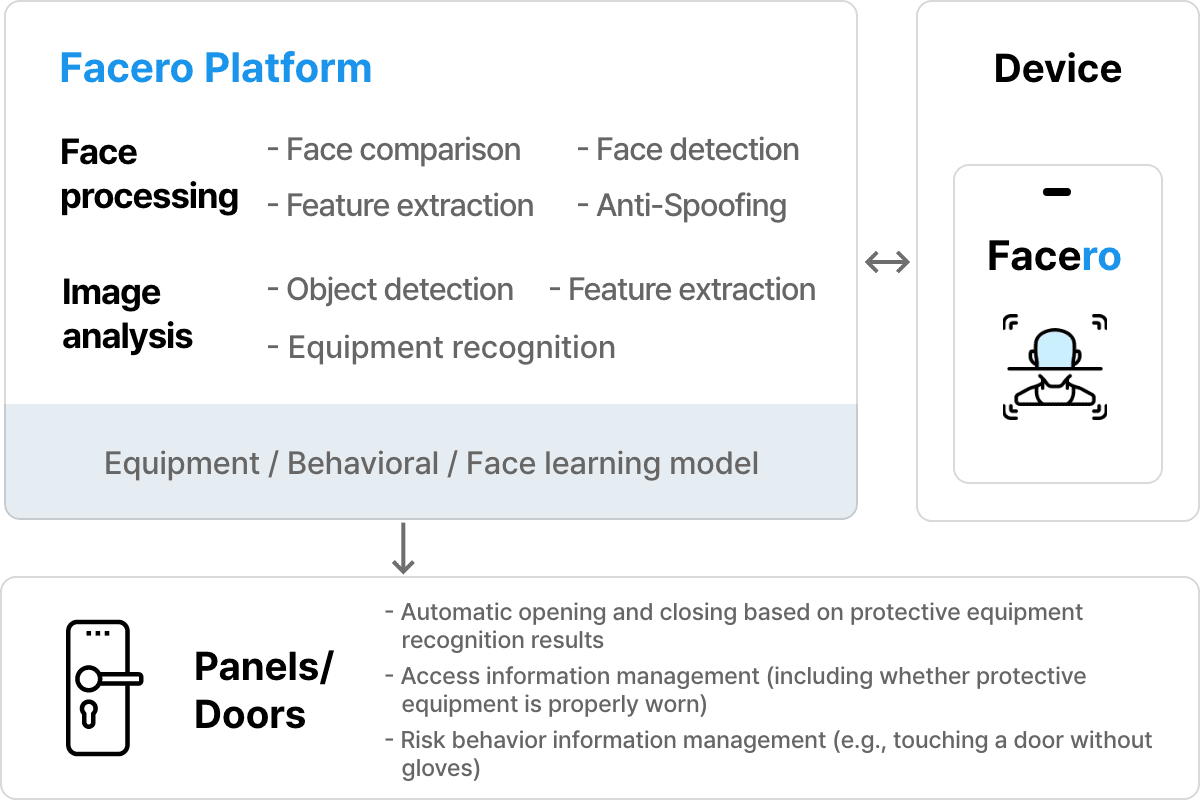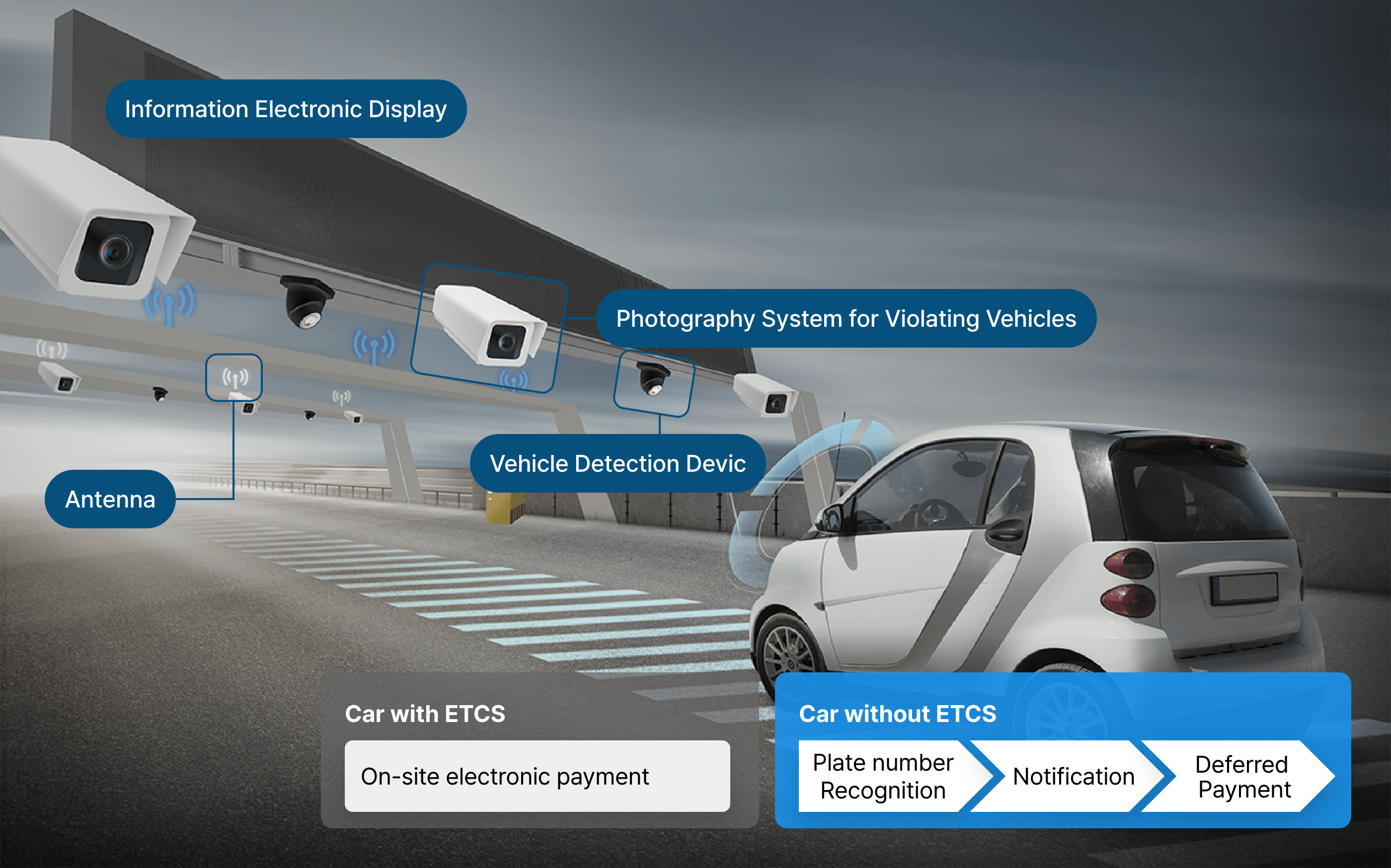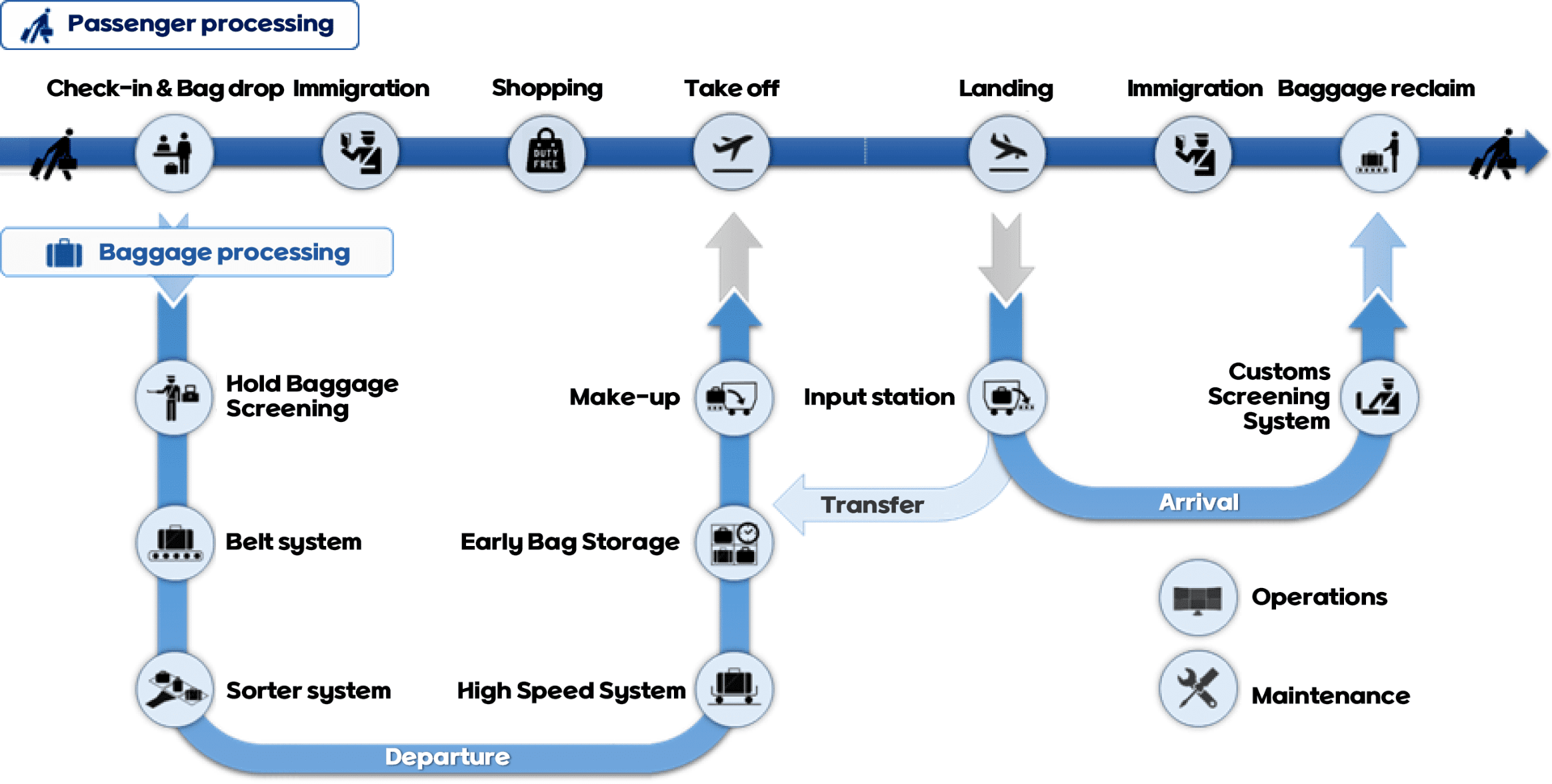- HOME
- PR
- NEWS
Prev
POSCO ICT, ‘outstanding’ as a smart building business leaderNext
First smart power plant in Korea!POSCO ICT Upgrades Electric Car Charging Service
2018.04.12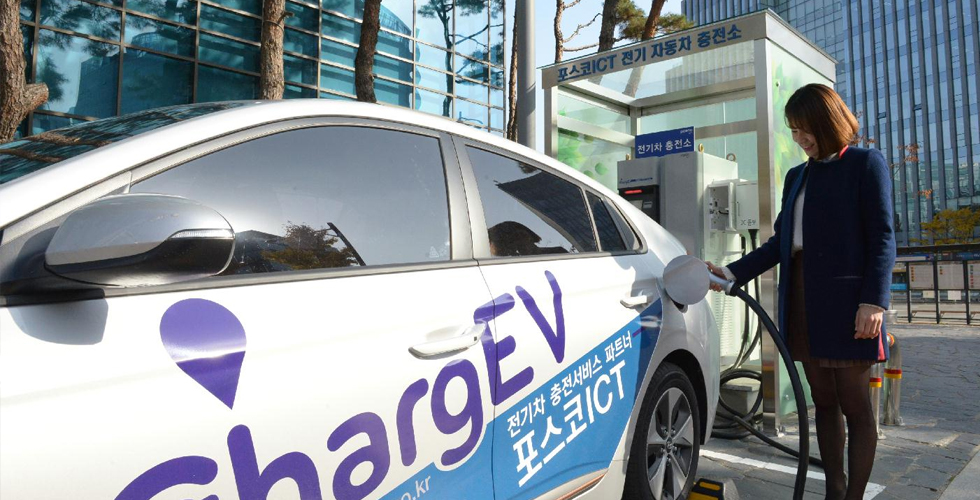
- Augments its charging platform functions, pursues platform provisioning business targeting car producers
- Introduces a charging fee policy based on charging station location, expands the number of operable charging stations to 5,000
POSCO ICT (CEO Choi Du-hwan), which operates the largest electric car charging infrastructure in Korea, seeks to regain market leadership by strengthening its platform functions and adopting a flexible fee policy.
POSCO ICT will upgrade the platform functions of ChargEV, the electric car charging service created and currently operated by the company. The company will strengthen its platform by converting it into a cloud-based service. The ChargEV platform includes functions for the remote operation and management of electric car charging as well as functions for the billing and settlement of charging fees and management of vehicle charging records. Since the ChargEV platform services will be accessible via the cloud, the upgrade is expected to translate into less capital burdens for the operator during the initial stages of infrastructure deployment.
POSCO ICT also plans to supply the ChargEV platform to organizations like electric car manufacturers, local governments, and foreign governments that are keen on providing their own charging services. From a marketing aspect, electric car manufacturers see a need to provide their own charging services to customers who purchased their cars. POSCO ICT disclosed that it would be able to sign its first contract by the end of the first half of 2018. The company is also planning to export its platform to countries like Costa Rica and Uzbekistan, which are about to adopt electric cars.
The pricing policy was restructured as well. In April, POSCO ICT introduced a new policy wherein customers are charged different prices depending on their charging location. For example, customers will be charged more if the location is in a commercial district. If the location is in a public or a residential district such as near apartment complexes or government buildings, however, lower fees will be applied. Under the most economical fee rate, customers would be able to charge their cars at 179 won per kWh. Furthermore, the length of time that a customer occupies a charging station location will also be factored into the pricing in order to discourage loitering after charging is done.
The number of charging stations that can be accessed by car drivers enrolled in POSCO ICT’s ChargEV service will be expanded as well. POSCO ICT currently operates charging stations in publicly accessible locations like large retail store chains (E-mart), hotels, cinema complexes, resorts, and roaming chargers, for a total of 3,000 stations nationwide. By the end of this year, the company will complete further expansion of roaming with other operators, and then customers will be able to access 5,000 charging stations.
“We are continually upgrading our charging network; we introduced a flexible and rational pricing policy and strengthened our service so that electric car owners can use our charging service with greater ease and convenience. From now on, we are going to expand our platform business by adding supplementary services around our platform,” a POSCO ICT representative said.
POSCO ICT’s smartphone-based application and homepage can assist users in charging their vehicles with ease. Through the smartphone application, users can locate any charging station across the nation, find driving directions, and even check information concerning the conditions of a particular charging station. For instance, it is possible to receive information on whether a station is being used by another person or if it is available for use. The operating status (e.g., malfunctions) of the station can be viewed through the application. A charging timeslot can also be pre-booked at precisely the time when a customer wishes to use the charger.
Customers can pay for POSCO ICT’s service with a membership card (a form of prepaid card) or a credit card. With a membership card, a user makes an initial prepayment; every time he or she charges a vehicle, the charge fee is debited from the card. It is also possible to use a credit card for deferred payment.

